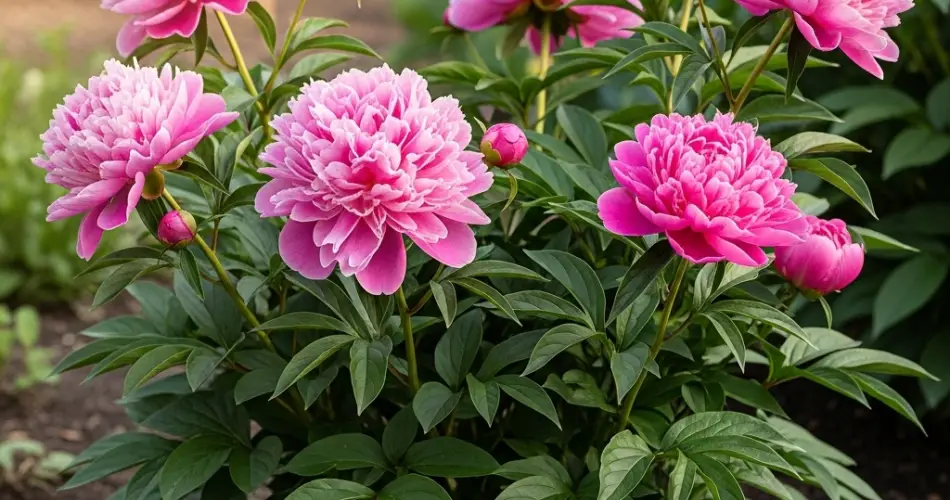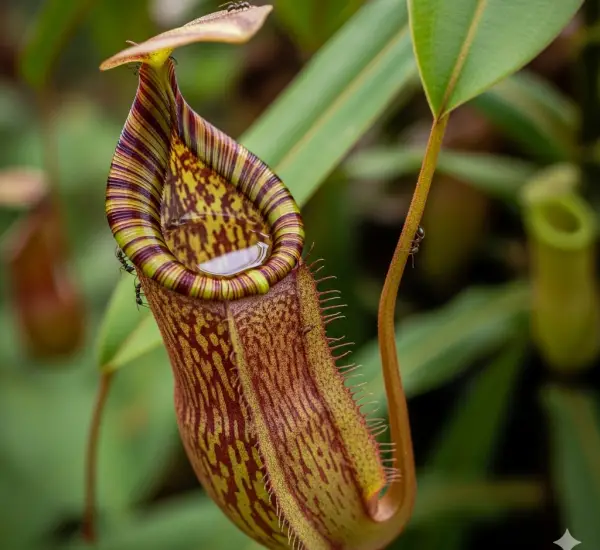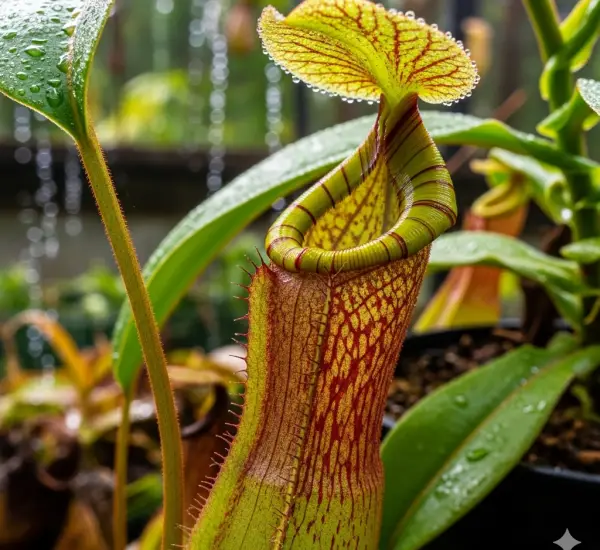The peony, with its lush, layered petals and graceful blooms, has long been admired as one of the most beautiful flowers in the world. Originating in Asia and later spreading to Europe and beyond, peonies are not only valued for their ornamental beauty but also for the rich symbolism attached to them. Across cultures, the peony has come to represent wealth, love, and happiness—three qualities universally sought after in life. Understanding the meanings associated with this flower allows us to appreciate its presence in gardens, artwork, and traditions worldwide.
Peonies and Wealth
Among its many symbolic associations, wealth is one of the most prominent linked to the peony. In Chinese culture, the peony is often referred to as the “King of Flowers” or the “Flower of Riches and Honor.” During the Tang Dynasty, peonies were highly prized and planted in imperial gardens as a display of luxury and grandeur. Their large, full blossoms came to represent abundance, prosperity, and success.
The peony’s connection to wealth is also reflected in traditional art and décor. Paintings, embroidery, and porcelain often featured peonies as symbols of material fortune and social status. Even today, many people display peony images in their homes or offices as a way of inviting financial success and stability.
Symbolically, the flower’s abundant petals mirror the idea of overflowing riches and plenty. In Feng Shui, peonies are considered auspicious when placed in certain areas of a home, particularly where they can attract prosperity and positive energy. The association between peonies and wealth continues to thrive, making them popular gifts for business openings, financial milestones, and new ventures.
Peonies as a Symbol of Love
Alongside prosperity, peonies are strongly associated with love and romance. Their soft, delicate petals and intoxicating fragrance have made them favorites in weddings, where they symbolize a happy union and enduring affection. Brides often choose peonies for their bouquets not only for their beauty but also for the blessings they carry.
In traditional Chinese folklore, the peony is sometimes linked with feminine beauty and grace. Stories tell of young women admired as “peony-like” for their elegance and charm. Because of this, the flower has become a representation of not only romantic love but also admiration and attraction.
In Western traditions, peonies also carry the meaning of romance and marriage. They are often given as a symbol of devotion, making them a popular choice for anniversaries or as tokens of affection. The lush, full blooms reflect the fullness of love and the deep bond between partners.
The peony’s symbolic link to love extends beyond romantic relationships. It can also signify compassion and warmth within families and friendships. Whether as a wedding flower or a thoughtful gift, the peony continues to represent bonds built on care, trust, and genuine affection.
Peonies and Happiness
Happiness is another powerful symbol tied to the peony. The vibrant blooms, which come in shades of pink, red, white, and even yellow, radiate positivity and joy. They are often seen as bringers of good fortune and harmonious energy, which naturally connects them to contentment and well-being.
In Chinese culture, peonies are not only seen as flowers of wealth and romance but also as emblems of a joyful life. Their presence is believed to bring harmony into households, creating an environment filled with warmth and laughter. For this reason, they are often used in festivals, celebrations, and as decorations during the Lunar New Year.
In the West, peonies are equally tied to happiness. Their dramatic blooms evoke a sense of wonder and delight, often uplifting the mood of anyone who sees them. They are frequently given as cheerful gifts to celebrate achievements, birthdays, and happy occasions.
The flower’s seasonal bloom—often in late spring to early summer—also symbolizes the renewal of life and the joy that comes with new beginnings. Its fleeting yet breathtaking display reminds us to cherish moments of happiness and embrace the beauty of life as it unfolds.
Why the Peony Endures as a Symbolic Flower
The peony’s enduring symbolism is rooted in both cultural traditions and its natural qualities. Its large, lush blossoms naturally suggest abundance and fullness, linking it to wealth and prosperity. Its romantic beauty makes it an ideal representation of love and passion. And its vibrant, joyful presence connects it to happiness and harmony.
The flower’s versatility across cultures is another reason it remains significant. In Eastern traditions, it embodies honor, nobility, and fortune, while in Western contexts, it conveys romance, joy, and celebration. This universality makes the peony a timeless flower, cherished around the globe for its beauty and meaning.
Conclusion
The peony is far more than a decorative flower—it is a powerful symbol of wealth, love, and happiness. From imperial gardens in ancient China to modern-day wedding bouquets, the peony has carried blessings of prosperity, romance, and joy across centuries and continents.
To grow or display peonies is to welcome these positive energies into one’s life. Their rich history and striking beauty ensure that they will continue to be treasured not only as a garden favorite but also as a meaningful emblem of the things we value most. Whether given as a gift, used in ceremonies, or admired in bloom, the peony serves as a timeless reminder of abundance, love, and the happiness that makes life truly fulfilling.



